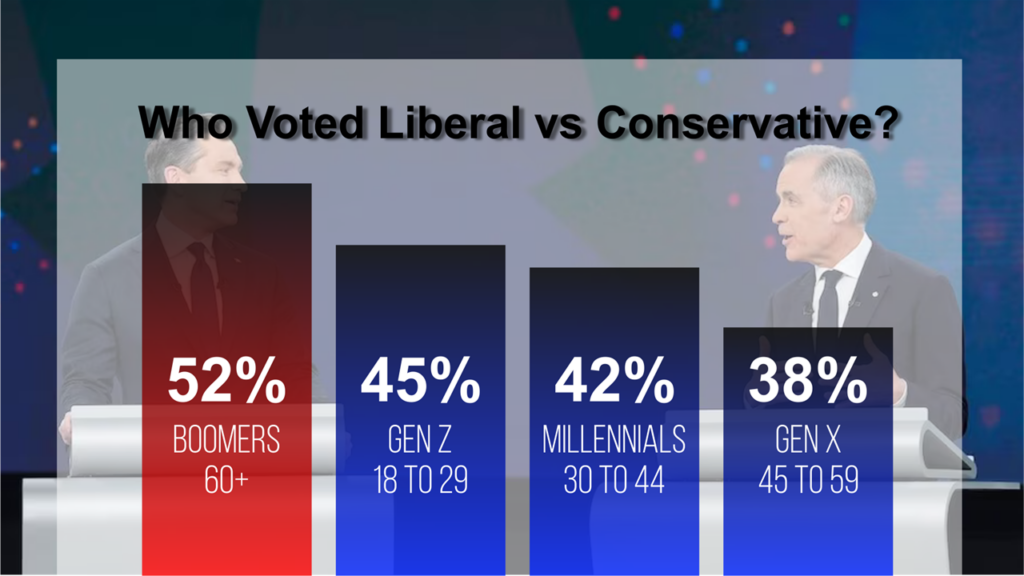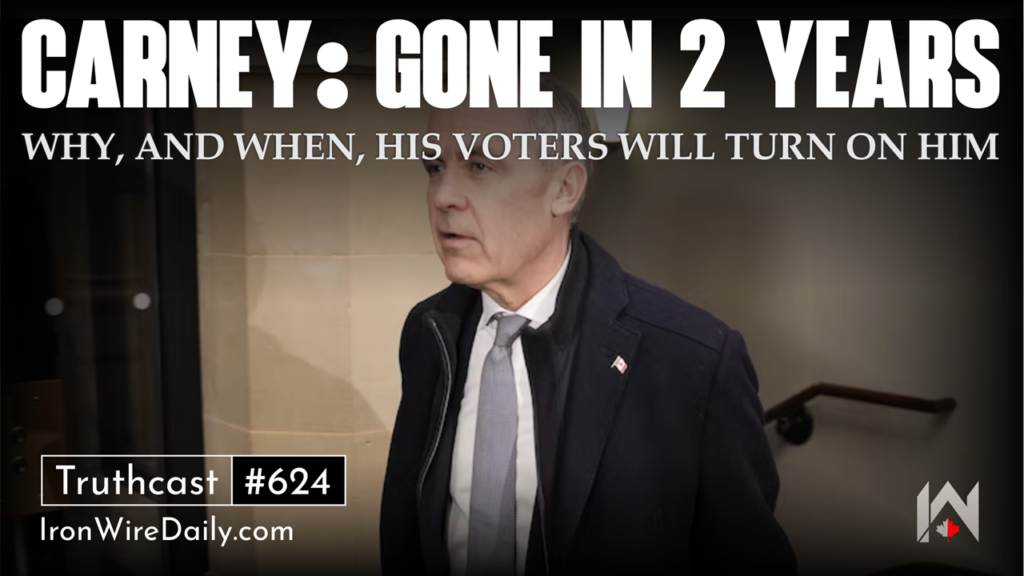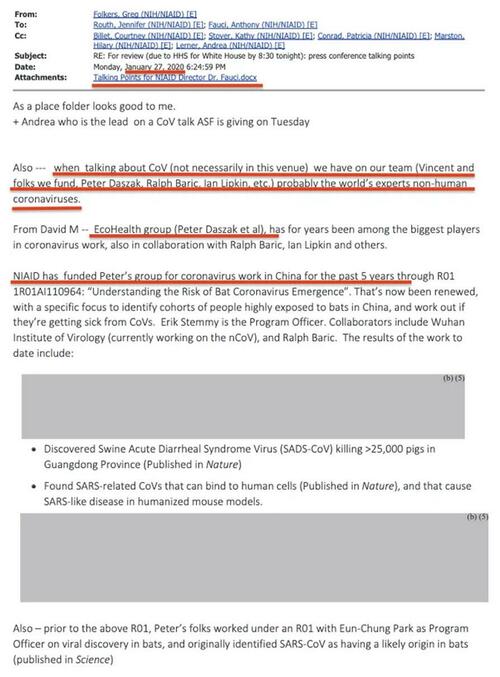Alberta Autistic woman approved for euthanasia again.
.jpg)
Alex Schadenberg
Executive Director, Euthanasia Prevention Coalition
Unheard published an article on May 3, 2025 by Alexander Raikin telling the story with pseudonyms, of the Alberta family, who’s autistic daughter has been approved for euthanasia. Due to a publication ban, it is impossible to share actual names.
This story is of particular importance because Marge (MV is the name used by the court) has been approved for euthanasia again. Raikin writes:
On 31 January, 2024, Wade was running out of time. He had tried everything to persuade his 28-year-old daughter, Marge, that she could get better. But Marge had been scheduled to die by assisted suicide at 2 p.m. the next day at the family’s home in Alberta, Canada. He was horrified. Marge was autistic, vulnerable, and had no diagnosed physical illness. Her autism made her different from her peers — and lonely, no doubt — but Wade knew this was no reason to terminate a young life.
He had to do something. So he went to the courts. The legal claim he filed on that frigid winter day would put Wade on a quest no father should have to face: saving his daughter’s life from a Canadian health system that at times appears more committed to delivering death than protecting health. By taking legal action, he managed to delay Marge’s death for a while. But he may be set to lose the battle.
Raikin further explains the dilemma:
The last physician to assess her for assisted suicide, a family doctor practicing with the Alberta Health Services (AHS), took fewer than 24 hours to review and approve her application. And although the neurologist treating her for fatigue and pain assessed her as “normal”, another family doctor, unknown to her parents, declared her to be terminally ill.
The father tells Raikin that his daughter’s only diagnosed conditions are autism and ADHD and yet she was approved for death. Raikin explains that the daughter first applied for euthanasia in 2021:
It was 2021 when Marge first filled out the form — without telling her parents — asking to die. AHS, the public health-care system, connected her with two physicians. Although one physician deemed her eligible without any diagnosed physical symptoms, according to Wade, the second denied her application, presumably because she had no terminal illness. She seems to have only met some of the requirements, although it is impossible to know for sure without access to her MAiD assessment. Alberta’s policy was that in the case of a tie, the suicide would not proceed.
Raikin explains that the daughter went doctor shopping with the intention of applying for euthanasia again:
In 2022, she went doctor-shopping. She found another physician, an Alberta family practitioner, who intervened and supported her (their clinic didn’t reply to UnHerd’s request for comment). Unknown to the family, this doctor signed a change in her “Goals of Care Designation”, which is the medical standard used in Alberta to indicate how severely ill someone is. The doctor switched it to the most extreme category, which in some Canadian provinces indicates the likelihood of imminent death; that was almost three years ago.
In 2023 the daughter was approved for death by euthanasia.
The following year, in 2023, she applied for assisted dying a second time. Once again, the two physicians consulted disagreed. (The clinics at which these two practice didn’t reply to UnHerd’s request for comment; AHS declined to comment, citing the court case.) This time, however, the so-called MAiD navigator, who sherpas patients through the process, connected Marge with a third doctor as a “tiebreaker”. The chosen physician was the same one who had approved Marge’s MAiD application the first time, and did so again, within 24 hours.
Rankin explains that the father launched a court case to save his daughters life.
Her father couldn’t understand how any doctor could think Marge was qualified to die. “I thought MAiD was for, like, you’re dying anyway. So, we’ll just speed it up because you’re suffering. That’s what I thought it was for”, he tells me. “And I’m thinking, well, how could this be for Marge?” So, the day before her “MAiD provider” was meant to pay a final house visit, when a physician and a nurse would bring the lethal but now routine injection of a sedative, a coma-inducting agent, and a neuromuscular tranquiliser, Wade filed a last-minute court challenge. He claimed that Marge did not have a “grievous and irremediable medical condition”, that her only diagnosed illnesses were mental, not physical, and that her second tie-breaking assessor was not independent.
The initial judge granted a temporary injunction that prevented the euthanasia death. The case went to court. Rankin reports that:
The judge, Justice Colin Feasby, of the Court of King’s Bench, Alberta, ruled that Marge’s father had a reasonable cause of action that the correct protocols around assisted dying weren’t followed. Marge had no terminal illness. Neither of the MAiD assessors appeared to be experts on Marge’s autism. And the independent assessor appointed as tiebreaker wasn’t, either.
The Canadian law provides no avenue for the judge to prevent a euthanasia death. Rankin reports:
Once it came to ruling on the substance of the dispute, however, the judge wouldn’t consider whether Marge qualified for assisted suicide; no evidence was accepted on even naming the condition for which she was approved. Any criminal prosecution, the judge ruled, could only happen after Marge is dead: “Parliament has put its trust in doctors and nurse practitioners, and it is not for this Court to second guess that choice.”
A court challenge was launched based on the part of the law that allows euthanasia for people who are not terminally ill. Rankin states:
In September, some of the largest Canadian disability groups launched a constitutional challenge against euthanasia based on non-terminal disabilities. The suit claimed it is an “appalling injustice” to offer suicide just on the grounds of disability. “It is not just wrong”, says Krista Carr, the executive vice president of Inclusion Canada, in an email to me. “It is discriminatory and violates our most fundamental rights.”
Rankin explains that even if the disability organizations are successful in their court challenge, that it won’t happen in time to save the autistic woman.
The father spent more than $150,000 on the court case and his daughter has been approved for euthanasia again.
Articles on this story:
- Euthanasia Prevention Coalition gains intervention standing in Calgary court case (Link).
- Calgary autistic woman is a victim of the “right to die” movement (Link).
- Great news: Judge prevents euthanasia death of Calgary autistic woman (Link).
- Father of a 27-year-old autistic woman appeals court ruling in euthanasia decision (Link).
.jpg)













